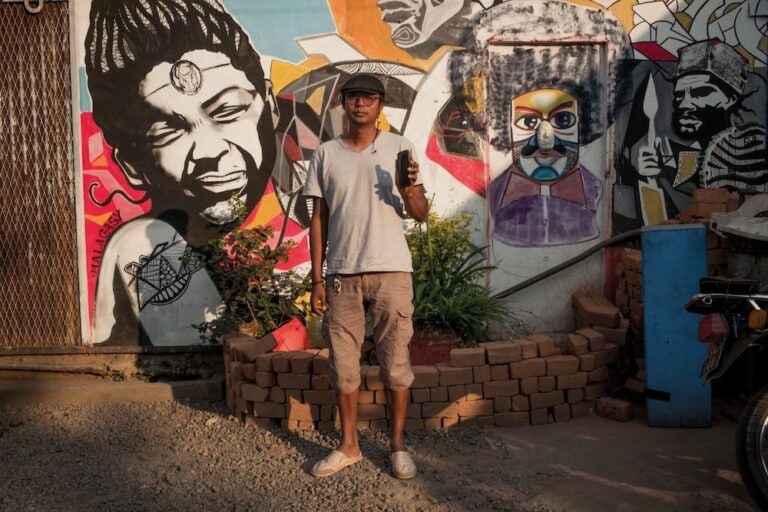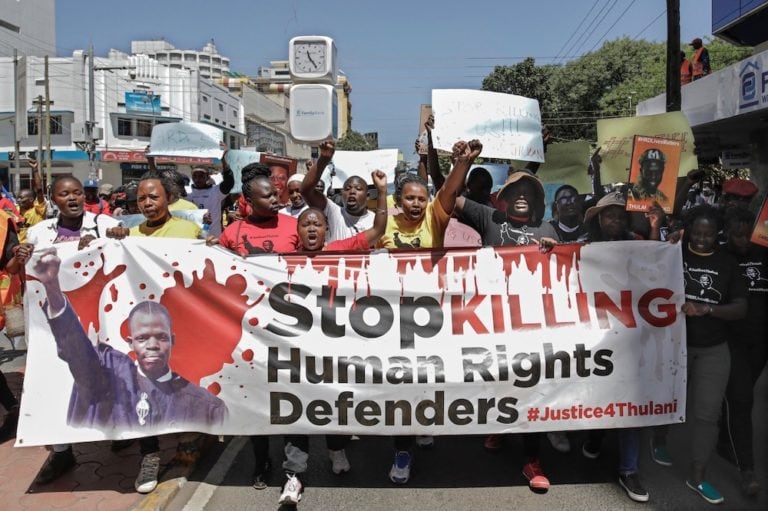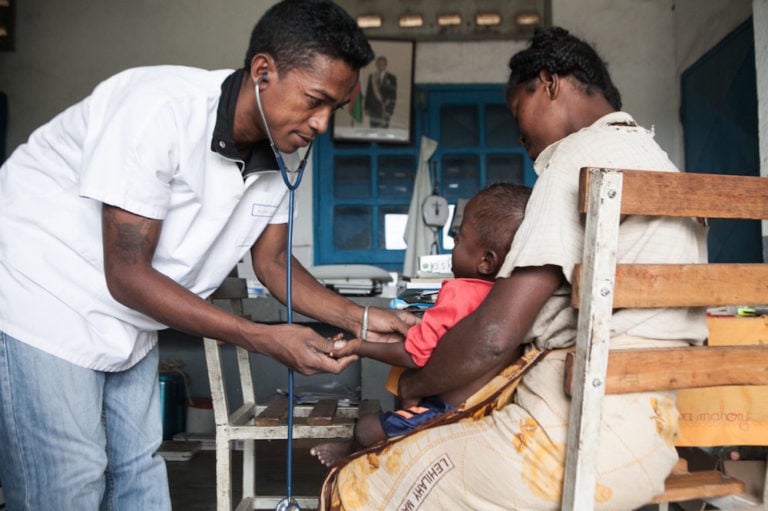RSF released a report on the media's role in the country's ongoing political crisis.
(RSF/IFEX) – 12 July 2010 – Reporters Without Borders is today publishing a report on the role of the media in Madagascar’s ongoing political crisis. Its release comes just days after the 50th anniversary of the independence of Madagascar, which is not one of the former French colonies to be invited to this year’s Bastille Day celebrations on 14 July in Paris.
Entitled “Closures, ransacking and disinformation – media at the heart of the crisis,” the report looks at the attacks and arrests to which journalists and media have been subjected since December 2008, the characteristics of the country’s media (including the polarisation, harassment and self-censorship) and the way the media are sometimes used as sources of propaganda and disinformation.
The report also suggests ways for the transitional authorities to try to create a more healthy and positive environment for journalists in Madagascar, which fell 40 positions in the 2009 Reporters Without Borders press freedom index as a result of the many events affecting the media.
The report is based on a fact-finding trip to Madagascar which Reporters Without Borders made from 15 to 20 March, during which it visited most of the news media in the capital, Antananarivo, and in Antsirabe (170 km south of the capital).
Reporters Without Borders also met with then communication minister Nathalie Rabe, special presidential adviser for policy and communication Rolly Mercia, coordinator for the updating of the communication law Tsilavina Ralaindimby, the Madagascar Journalists Collective, members of the United Nations Development Programme, and several Antananarivo-based diplomats.
In its conclusions, the report calls on the authorities to adopt a new communication law during the current transition, to support the principle of independent media regulation and to guarantee the protection of journalists against attacks and prison sentences.
Reporters Without Borders also urges mediator Joachim Chissano to press each of the main movements involved in the crisis to give firm undertakings to respect press freedom; urges France to channel more of its assistance to the media; and urges Madagascar’s journalists to respect the ethics of the profession and to abstain from propaganda, partisan positions and calls for violence.


